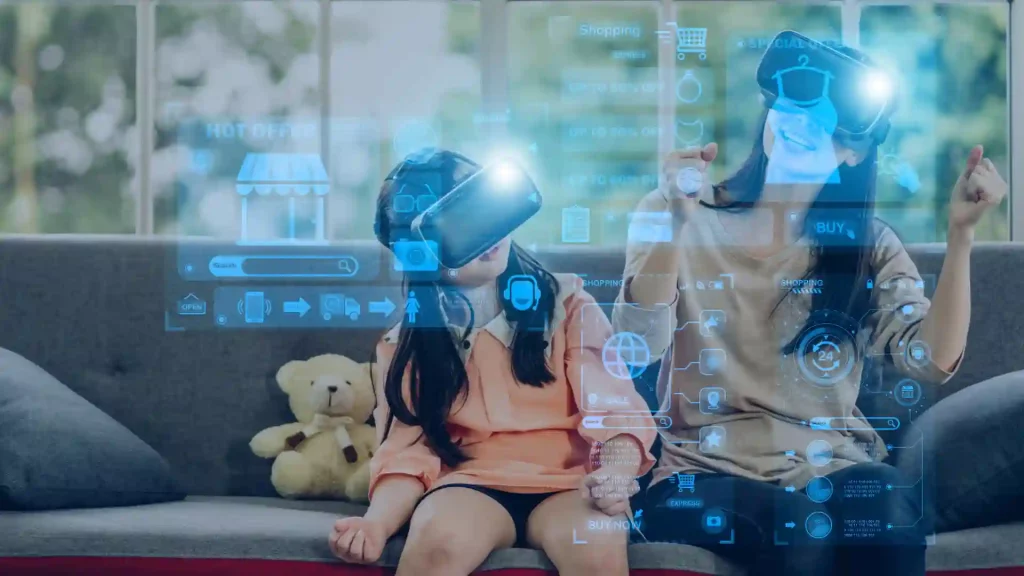Here’s what the beauty giant L’Oreal has to say as it enters the world of Metaverse.
With 17 virtual goods trademarks, several popular brands planning to launch in the Metaverse, and many already in the space, including NYX, YSL Beauty and Mugler, L’Oreal is all set to invest in the physical, digital and virtual channels to move into the next stage of experiential beauty.
The French brand plans to offer virtual versions of its cosmetics in the Metaverse, such as skincare and haircare products, all of which will be in downloadable format. L’Oreal plans to offer things like virtual perfumes for purchase in the Metaverse, too.
L’Oreal understands that innovation is not an easy task. Hence, the company has to act quickly to gain a footing in web3 as other companies, such as Kering and LVMH, have not only stepped in but have made a few outstanding developments already. With an initial launch of seven philanthropic NFTs last December that amounted to a small number of sales (0.5 ETH), the company is now carefully mapping out its brands’ positioning across the Metaverse to replicate its peers’ web2 success. NYX, with 1 million Instagram followers, participated in the first Metaverse Pride Parade on the web3 social platform. In partnership with the creative hub People of Crypto, the Sandbox focused on bringing diversity to the web3 space.
What are the differences between web2 and web3 for a company like L’Oréal?
“If you look at web2, we start thinking about video, live-streaming, Cloud, SAS, voice, AI, and machine learning. Web2 is very much in deployment for us, and we are firmly grounded in web2’s acceleration. Now, we are exploring web3,” said Asmita Dubey, Chief Digital and Marketing Officer at L’Oréal.
What do consumers want right now?
“Consumers are very enthusiastic about trying new experiences. 2021 was a tipping point of utopia-craving, and consumers crave more now. There are about 5 billion people who are connected online to us this year. There will be 7.5 billion people who will connect with us by 2030. We believe that the future of beauty will be physical, digital and virtual, as consumers are craving more experiences, and more consumers can access those experiences,” she continued.
Which of the L’Oréal brands are primed for the web3 space right now?
“NYX, YSL and Mugler all have good foundations. NYX Professional Makeup is a brand about makeup artistry, entertainment, community, and society. When beauty was changing and becoming more digital and social, NYX was one of the pioneering brands. The brand is exploring web3 by becoming the first-ever decentralized record label for creators. If web2 were closed and centralized, web 3 would be open and decentralized.”
“We know the world is changing, and people will want to experience products in the Metaverse. So we have to think about what that’s going to mean for a company, and if we’re doing it collectively with the digital teams as well as our team in research, we will see how we can create value and change people’s behaviour, and that’s always the most challenging part,” said Guive Balooch, Global Vice President of L’Oréal’s Technology Incubator.
L’Oreal USA has made the filings, all of which are related to its subsidiary brands like Kiehl’s, Urban Decay, Maybelline, It Cosmetics, and Essie (a nail varnish brand). The registrations cover a wide range of capabilities, like the rights for non-downloadable virtual fragrances in the Metaverse in the case of Kiehl’s. L’Oreal intends to make it possible for all of its users to be able to purchase, sell, and trade all of their virtual cosmetics.
